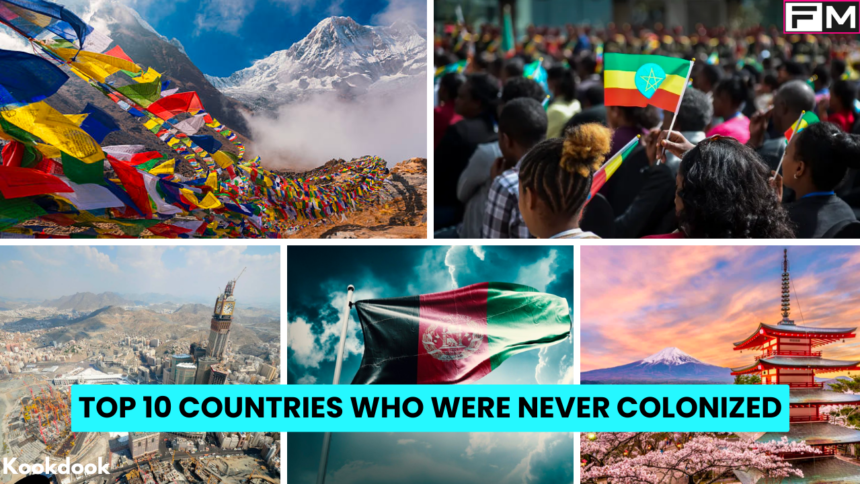In history, colonization meant when one country took control of another. This was often about power, money, and control.
When a country was colonized, it wasn’t really free anymore. It couldn’t make its own decisions because the ruling country had power over it. This happened because of imperialism, where one stronger country controlled a weaker one for its own benefit.
Most countries went through colonization, except a few. Let’s talk about those exceptions.
Japan
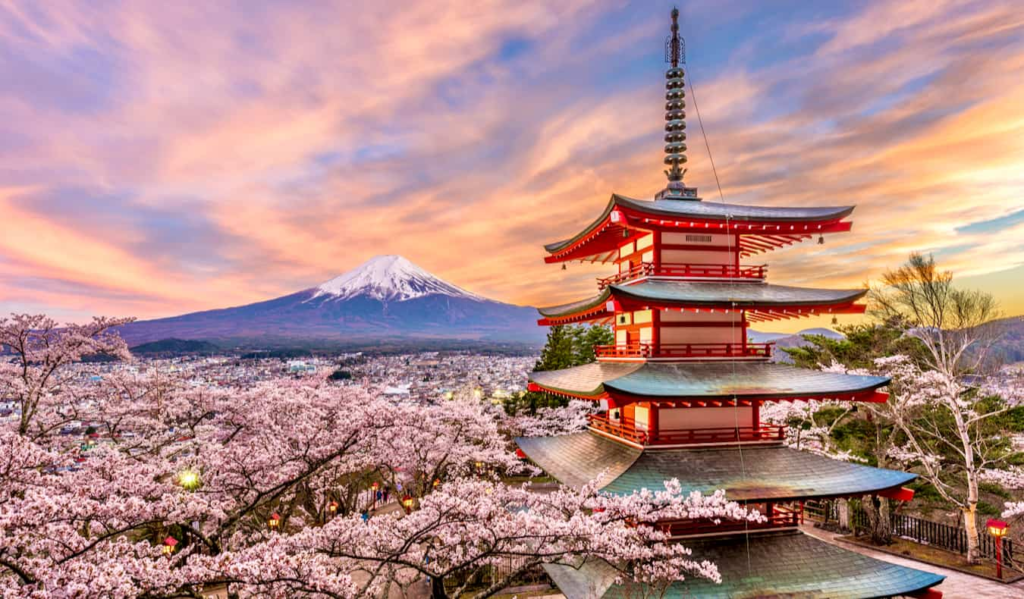
Japan was never fully taken over by another country. Even after World War II, when they were occupied, they didn’t become a colony.
Ethiopia
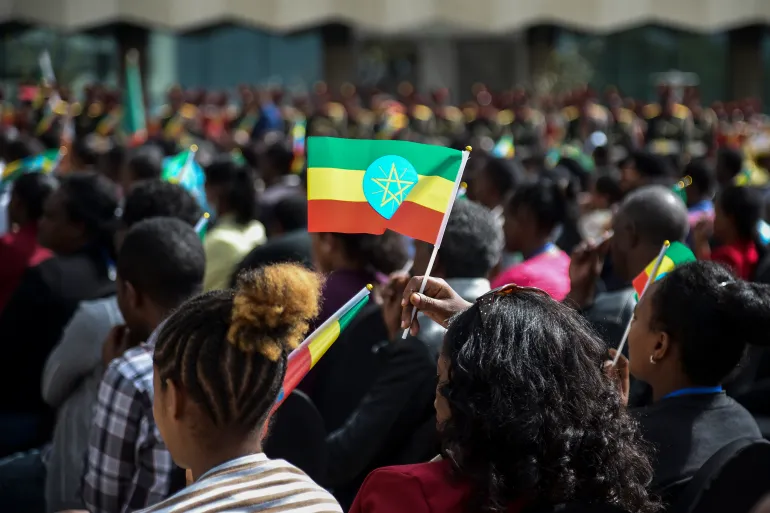
Ethiopia, with its capital Addis Ababa, fought off Italy twice and never became a colony. Even though Italy tried, Ethiopia stayed independent.
Nepal
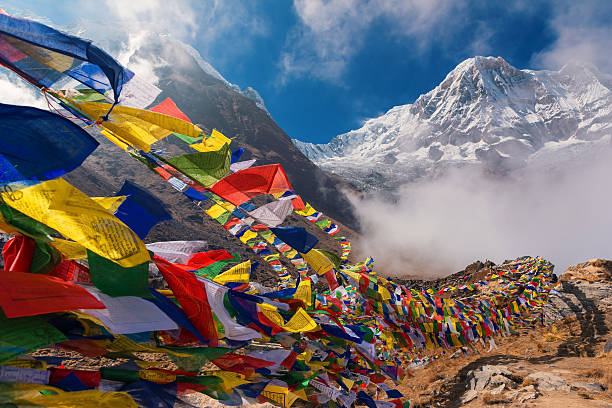
Nepal, near big mountains, managed to keep its freedom, even when a part of it was taken by the British. The mountains were like a shield.
Afghanistan
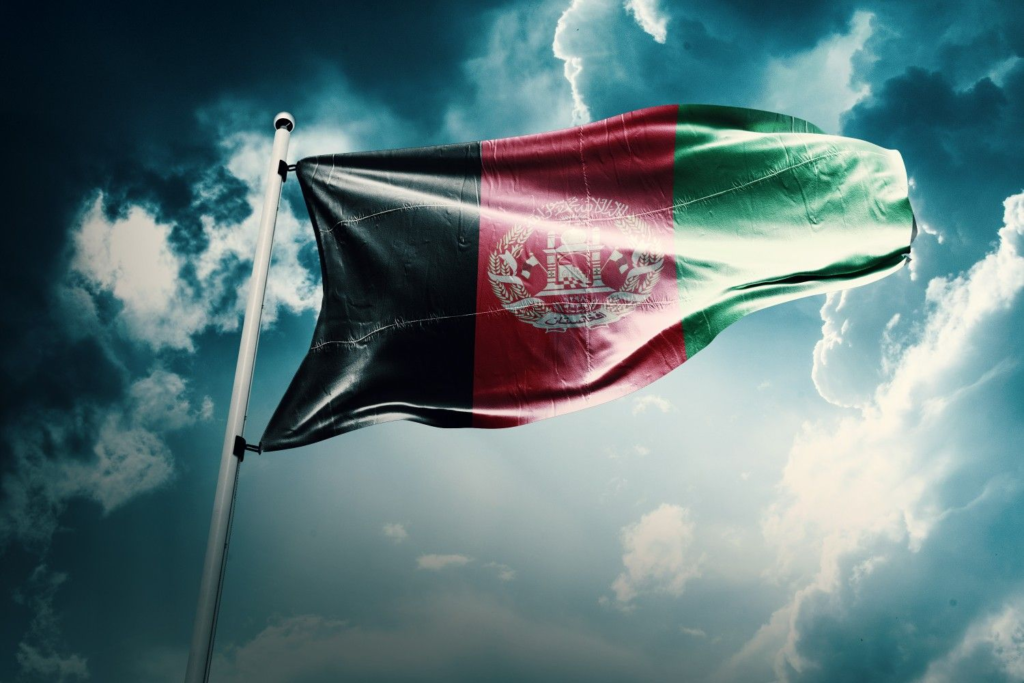
Afghanistan was invaded by England twice but never became a colony. Afghans were strong and didn’t let it happen.
Saudi Arabia

Saudi Arabia formed in 1932 without being colonized. Some stories say others tried, but Saudi Arabia remained independent.
Liberia
Liberia was started by freed American slaves and was under partial control by the U.S. But it got its full independence later.
Tonga
Tonga, in the Pacific, stayed its own nation, even with some British influence in its international dealings. Tonga’s sovereign status has never been challenged.
Iran
Iran faced occupations by Russia and Great Britain but never lost its freedom. In 1501, the country gained its independence.
Bhutan
Bhutan, like Nepal, resisted the British. The mountains protected it from full takeover. Soon after India gained its independence in 1947, the British withdrew from the areas of Bhutan that they had conquered. At no time was Bhutan stripped of its sovereignty.
China
China, with its long history, faced threats from different directions but never fully became a colony. It had parts that were influenced by other countries, but it remained its own place.
Looking back, colonization was a big deal. It was about power and control. Some countries managed to stay free because they fought hard or had geographical advantages. The end of colonization was a victory for these places, showing their strength and determination.
FAQs
- Were there any countries that were never colonized?
Yes, several countries managed to maintain their independence during the colonization period. Japan, Ethiopia, Nepal, Afghanistan, Saudi Arabia, Liberia, Tonga, Iran, Bhutan, and China are examples of such countries.
- How did Japan avoid colonization despite being occupied during World War II?
Japan’s history includes successful resistance against colonization attempts. Even though it was occupied after World War II, it never became a full-fledged colony.
- How did Ethiopia manage to stay independent despite Italian attempts at colonization?
Ethiopia’s strong resistance and successful defense against Italian invasions preserved its independence. Despite facing challenges, it never became a colony.
- What allowed Nepal to remain free despite being located near colonizing powers?
Nepal’s mountainous geography acted as a natural barrier, making it difficult for colonizing powers to invade and control the country.

